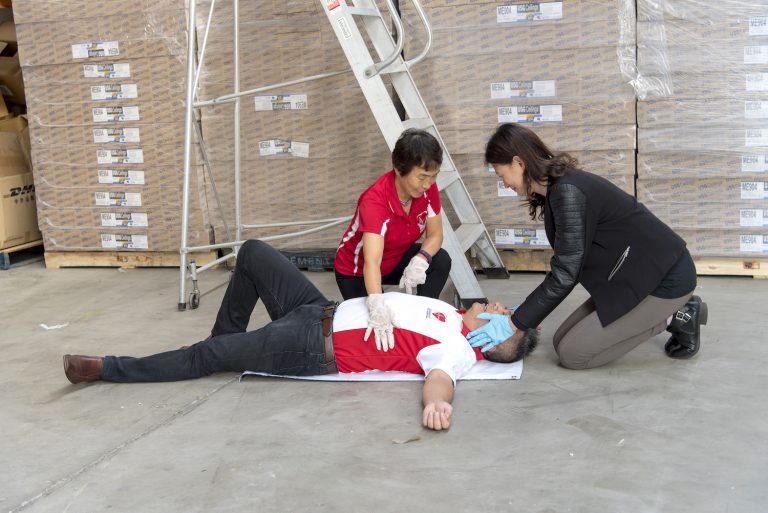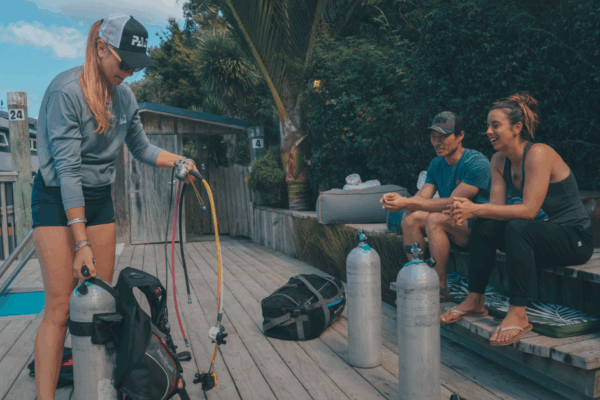
Emergency First Response courses keep
pace with current research and treatment recommendations in emergency care. The
most recent news indicates that no changes to CPR procedures are necessary in
EFR courses.
After re-evaluation of science and
research, the International Liaison Committee on Resuscitation (ILCOR) most
recent Consensus on Science and Treatment Recommendations do not include any changes
to bystander CPR.
ILCOR reaffirmed three areas of
bystander treatment as published in the journal, Resuscitation
121 (2017) 201-214:
- We continue to recommend that bystanders perform chest
compressions for all patients in cardiac arrest. We suggest that bystanders who
are trained, able, and willing to give rescue breaths and chest compressions do
so for all adult patients in cardiac arrest.
- We suggest a compression/ventilation (CV) ratio of 30:2 compared
with any other CV ratio in patients with cardiac arrest.
- We suggest that bystanders provide CPR with ventilation for
infants and children less than 18 years of age with cardiac arrest. We continue
to recommend that if bystanders cannot provide rescue breaths as part of CPR
for infants and children under 18 years of age with cardiac arrest, they should
at least provide chest compressions.


